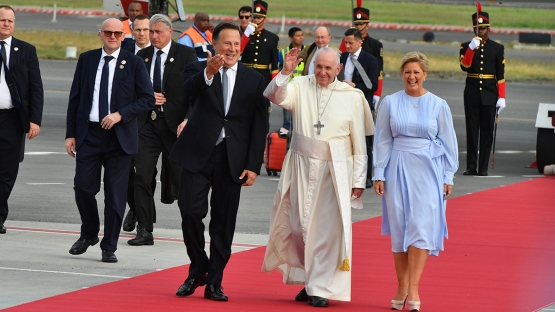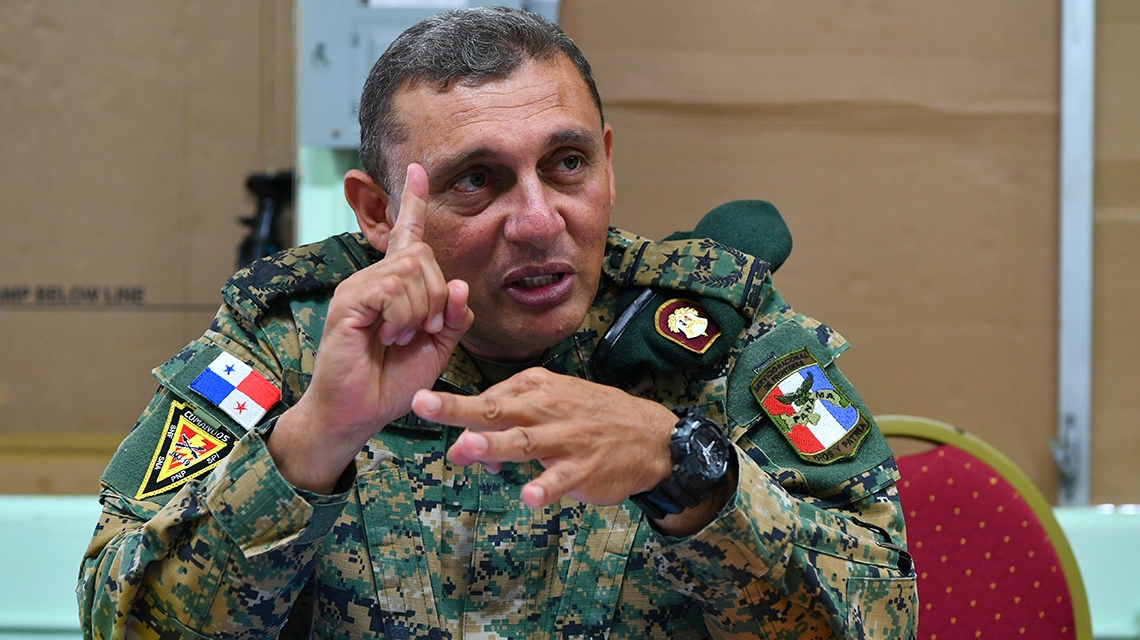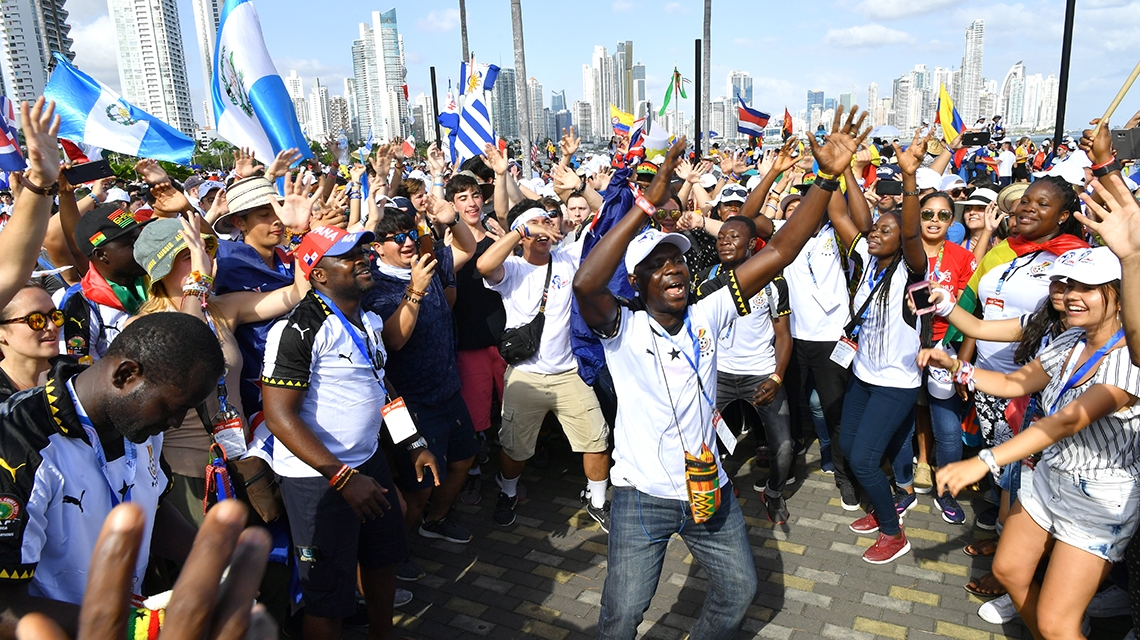With Pope Francis and the presidents of Colombia, Costa Rica, El Salvador, Guatemala, Honduras, Panama and Portugal in attendance, the World Youth Day for Catholic youth, held at the end of January in Panama City, was a major event featuring five days of concerts, vigils, prayers, masses and more.
Panama’s authorities, which had to ensure security during the event, sought IAEA assistance to incorporate nuclear security into the overall security arrangements.
Ensuring nuclear security plays an important role in a successful major public event. Measures need to be taken to prevent malicious use of nuclear and other radioactive material out of regulatory control. The spread of radioactive material at such an event could have severe health, social, psychological, political, economic and environmental consequences.








